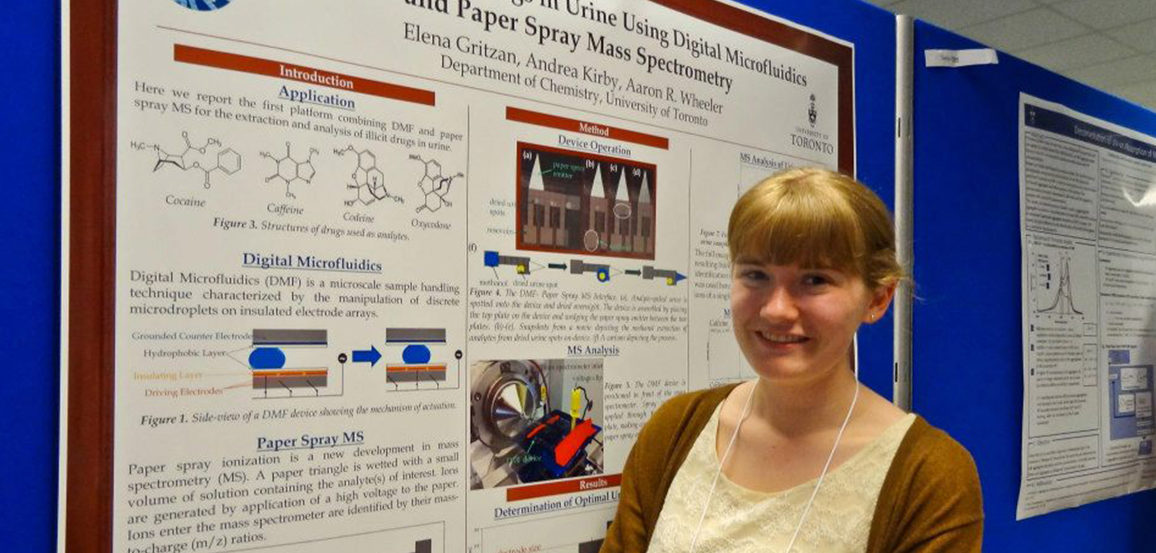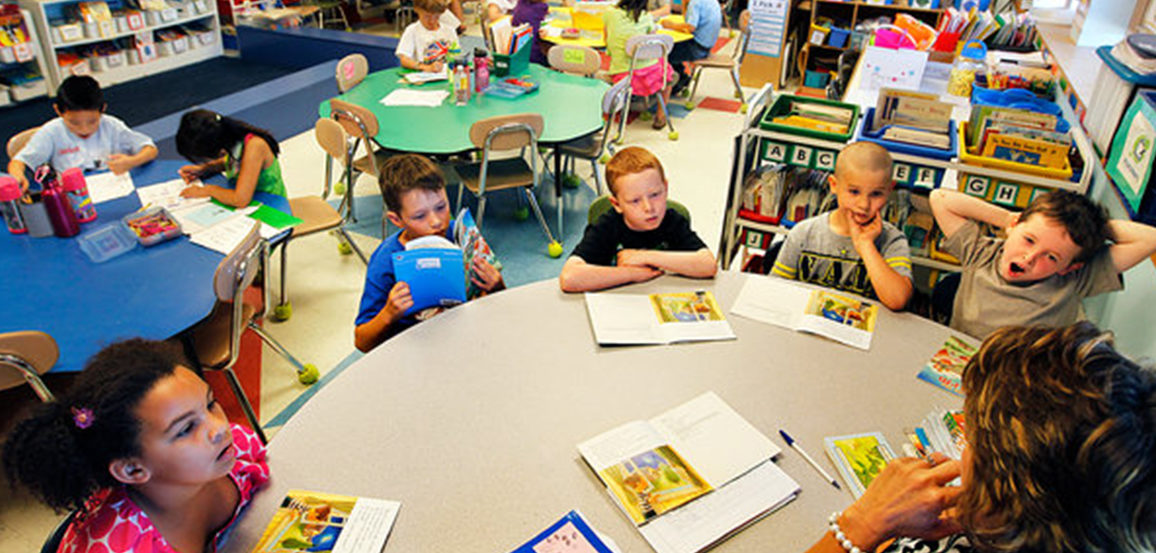I joked that my clothes smelled like burning tires most days in the summer of 2013. I worked in a lab, filling time between my third and fourth years of a chemistry degree. My stained lab coat protected me from spills, but it was no defence against the chemical smell of sulphur. As much as I enjoyed lab work, I didn’t want to move on to a master’s in chemistry or apply for industry jobs. After work, I was interviewing local bands and writing profiles, pursuing my secret love of journalism—something I’d always wanted to do, but was scared to go after because I was good at a more “practical” field.
My favourite part of the scientific process was always the end: writing reports and explaining concepts. When I started to write about science, I realized I could skip the hours of mixing chemicals or graphing results and, instead, use my knowledge to tell stories. Soon after, I applied to journalism school. But like the sulphur smell that summer, I’ll never get rid of the scientist in my brain. Thankfully, my chemistry background taught me how to be a better journalist—follow evidence, stay organized, be accurate and communicate well.
That training is most useful when I write about science. While it’s certainly possible to learn how to cover it well with time and effort, it’s much easier to make mistakes without training in basic scientific concepts. I can avoid common mistakes: overhyping poorly done research, using the wrong numbers or focusing on individual studies instead of the scientific consensus.
Even so, I’ve written only one story directly connected to my chemistry background—an exploration of how and why to get involved in lab research as an undergraduate. I have, however, used my knowledge to write about a wide range of related topics: dinosaurs, sexual health, ecology, space travel and mental health. Vivien Fellegi also takes advantage of her background when she writes. She worked as a doctor for twenty years while earning English degrees, and later, a master’s in journalism. In 2012, she left medicine behind to be a full-time freelance journalist. But her previous career taught her how to be a generalist unafraid of research. “As a family doctor, you don’t know everything,” she says, “but you know how to find out about everything.”
Like Fellegi, I apply the same process I used to learn chemistry to tackle other scientific topics. As a chemist, I wrote lab reports and made poster presentations explaining my research and what it meant. As a journalist, this helped me explain the significance of a new dinosaur on display at the Royal Ontario Museum, as well as translate complicated technical names into memorable descriptions a general audience can understand. (“Albertadromeus syntarsus” became a “quick-footed plant-eater the size of a turkey.”)
The scientific method also applies to stories outside the beat. Steve Buist studied human biology as an undergrad, and now works as an investigative reporter and feature writer at The Hamilton Spectator. “Science is very regimented,” he says: hypothesis, method, collecting results and analyzing. “Having that sort of orderly approach can be very helpful when you’re doing a large investigative process.” Author and freelancer Alex Hutchinson, who left his post doc in physics to go into journalism, agrees: “General skills are more important and more useful to me than knowing how to calculate how fast a toboggan goes down a slope.”
Last summer, an intern at Now magazine, I was assigned a follow-up story about protests against high school dress codes. We wanted to look at the policies’ language to see if it was disproportionately targeting female students. I put on my scientist’s hat and chose variables to record in a spreadsheet from the policies of all 561 Toronto District School Board schools. I analyzed the data, plotted it on a map and wrote a narrative about it over the course of two days. I had to work quickly, but without experience deciding what data matters and how to efficiently analyze them—which I had from chemistry—I never would have been able to finish the story in time.
But there’s more to science than logic, formulas and data. At its core, an experiment involves observing, testing a hypothesis and writing about it clearly. Last winter, I spent weeks shadowing a photographer, walking through the snow for hours as he snapped pictures of graffiti on Toronto’s walls. I kept watching even as my feet went numb, noticing his behaviour and asking questions to add to the collection of data in my notebook about the city’s subculture and him as a person. When I got home, I fired up a spreadsheet, organized my material, searched it for trends and revised my hypothesis into a theme statement. Once again, science had made me a better journalist.
About the author
Elena is the chief copy editor of the spring 2016 issue of the Ryerson Review of Journalism.

